Humans, Second Step: SPAIN. From plastic to sustainability | Benedetta Pisani interviews Verde Agua
Verde Agua is an environmental consulting firm with the main purpose of helping companies that rely on single-use plastics to replace them with more sustainable alternatives.




Illustrazioni di Margherita Caretta
How did you get into your entrepreneur idea and what is Verde Agua’s Mission?
ANDREA
Verde Agua emerged from the observation and motivation of three women who in 2019 realized that they could contribute something to their community by starting a business. We noticed that, with the new European Union Plastics Directive, we could help companies in Castilla y León, a region in Spain perhaps not as innovative as others, to adapt to this new Directive so that in their production cycle they replace single-use or polluting plastics with more sustainable alternatives.
We only had to join our ideas with what we observed around us: Sofía, made her final thesis on this Directive; Luna is interested and currently involved in research of bio polymers and I myself, from the economic side, saw that this project fit perfectly with the idea we have of social entrepreneurship.
At our University, the University of Valladolid, the opportunity arose to participate in a European program called “Project Hillary” on social entrepreneurship in women, resulting in winners at the national and European level, in the Netherlands in June 2019. The fact that professionals in the field of entrepreneurship validated our business model made us keep going and we presented ourselves to the Business Creation Award of the Faculty of Commerce of the University of Valladolid,also winning it. And, with all this, we finally constituted ourselves as a company in February of this year.
Our mission?: to help companies in our region become more sustainable by replacing polluting materials with others that are less so or, that due to the circumstances of technology in that place, have a greater chance of being treated after use.
Do you have any tips on how to start a social initiative which could make an impact on the community?
ANDREA
I would say that the most important thing is to be a citizen with a conscious presence, attentive to the world around her and involved in society. Any social or personal initiative but as a social perspective can bring great things to a community and I believe that all of us have a small responsibility in us to at least inform ourselves of what is happening around us and make decisions based on that. Then, maybe going a step further is to create an organization, whether it is an NGO or a company. Many people think of a company and think of an entity that is only driven by its economic motivation, but this is not the case and is changing with social entrepreneurship, the social and solidarity economy or even ethical banking … Creating a company is a way for an idea to be long-lasting with that social purpose because it can be economically self-sustaining. A piece of advice would be to take off that blindfold that we see in all companies as harmful.
On the part of how to start a social initiative, my advice would be to form from the beginning a good team on the same wavelength and with confidence to distribute the work as equitably as possible; ask people who already have experience and that you even admire taking advantage of networks like LinkedIn. And, above all, trust your idea and take risks little by little; starting with very small risks, especially if you are a young person who has very little savings…
The main activities Verde Agua aims to offer are “education programmes” for schools and enterprise, and “consultancy services”.
Which is the educational methods you usually adopt in order to reach such a wide and diversified audience?
SOFIA
We have experience in a wide quantity of European Youth Programmes belonging to Erasmus+ financiation in which the main purpose is working with non-formal methods. That’s why we focus our communication tools in a dynamic way with interesting content related with awareness including cultural and societal information regarding that plastics is a very complex topic and make an easy understanding of it is not a simple task at all.
For example, during the quarantine we decided to promote a campaign named #athomewithverdeagua where different professionals from the private sector, academia and public institutions gave little notes on how their roles in the society where involved with sustainability. Our main goal was concerning the people from our region about what is going on around them even if they cannot perceive it at a simple view.
Which kind of companies usually ask for help in reducing their carbon-footprint? And how could they practically become more sustainable?
SOFIA
On the one hand, we support companies which are in need of using plastic items. They are mainly agro-food companies searching a wide new range of packaging options, more circular and made with organic raw materials. These companies want to become more sustainable through the abandonment of plastics made out of fossil fuels and they need help to find the alternative that best suits for them.
On the second hand, we are working to open up new market options such as renewed materials researches and packaging implementation since we live in a region with plenty of farming lands that produce a huge amount of agricultural waste which could become feedstock for these materials.
Apart from that, the good practice must be coordinated with the incomes and expenses of the business. That is why many businesses are not interested in the ecological transition. But after some Spanish researches, it seems that companies with higher rates of sustainability (ESG) tend more to obtain better index of rentability, which means profit and ecology are interrelated.
How can we achieve sustainable behaviours? Implementing circular business models, focusing on social and ecological values that are intrinsically related with goods and services management.
What are the easiest (and also cheapest) alternatives to plastics?
LUNA
In Verde Agua we study the best alternative to each single use plastic depending on the application it has. We always have in mind the first of the “6 R”: reuse. We recommend changing single-use items for reusable ones when it’s possible. They may seem more expensive at first, but you have to take in consideration all the variables as the life that you are going to give to this item (times that you can use it) and also the waste management that it is going to have at the end of its life. When it’s necessary to employ single-use packaging you can change petrochemical plastics for compostable ones, but be careful. There are bio-based plastics that aren’t biodegradable nor compostable. Make sure what kind of plastic you are using, because it will be very important at the time of choosing where to throw it away. It is essential to be informed about how any waste is managed in order to prevent it from having a negative impact on the environment.
Comparing the prices of the compostable and biodegradable plastics (that are usually also bio-based, but not always) with petrochemical ones we are in a turning point: thanks to the European Union’s directive about single-use plastics approved on 2019, the countries of the EU are taking legal measures to depreciate fossil-origin plastics and allow compostable ones to be competitive in price.
Recently, I developed a strong interest in zero-waste, as a way of living with low environmental and financial impact. During the quarantine, I experimented with the ingredients I found in the pantry, and I created nice cruelty&packaging free cosmetics… Step by step and following the tips of those who know more about it, I am gradually improving my “zero-waster” skills…
What advices do you have for those who are approaching to a more sustainable lifestyle?
LUNA
The first step is wanting to do it. To be interested in doing your bit through a more sustainable way of life and to apply it to the different aspects of your life. After that, you can consider different points to try to reach your goal:
First of all, always ask yourself where what you’re buying comes from. This can give you valuable information and help you choose what to buy based on the geographical origin (try to make it zero mile and with a mode of production that respects people, animals and the environment).
When talking about reducing your plastic waste, try to buy products in bulk, with as little plastic packaging as possible (there are always options and they don’t have to cost more). We are talking about food, personal care products or any other item that you can find without plastic packaging. When you’re shopping, always carry your reusable fabric bags with you so you don’t have to buy plastic ones.
Finally, you can try to implement changes in your company. There are things everyone can do to reduce plastic waste, such as using refillable water bottles instead of single-use plastic glasses.
The zero-waste movement is opposed to the daily-life frenzy and selfishness, overpowering the concreteness of silence with their noise. We struggle to reach unknown – perhaps imaginary – destinations and we leave the real life behind, made of moments, gentle breaths and kicking beats… We should just stop and cure our-selves this disease.
Zero-waste philosophy can help us in taking real consciousness of the world in which our bodies resides and the one in which our essence does, perhaps revealing a vital interconnection between sustainability and happiness.
What do you think about it? What is happiness?
Luna Fontecha
Happiness is a state of mind that one must know how to recognize and make the most of when it appears… It can reside in small things.
Andrea Fernández
Happiness is being able to live according to your values while maintaining your essence and genuineness. This, surrounded by the people you love.
Sofia Lana
Do not pursue happiness. It will come directly to you in the most natural and unexpected way. Happiness is your state of mind, living and following the path without predicted rules.
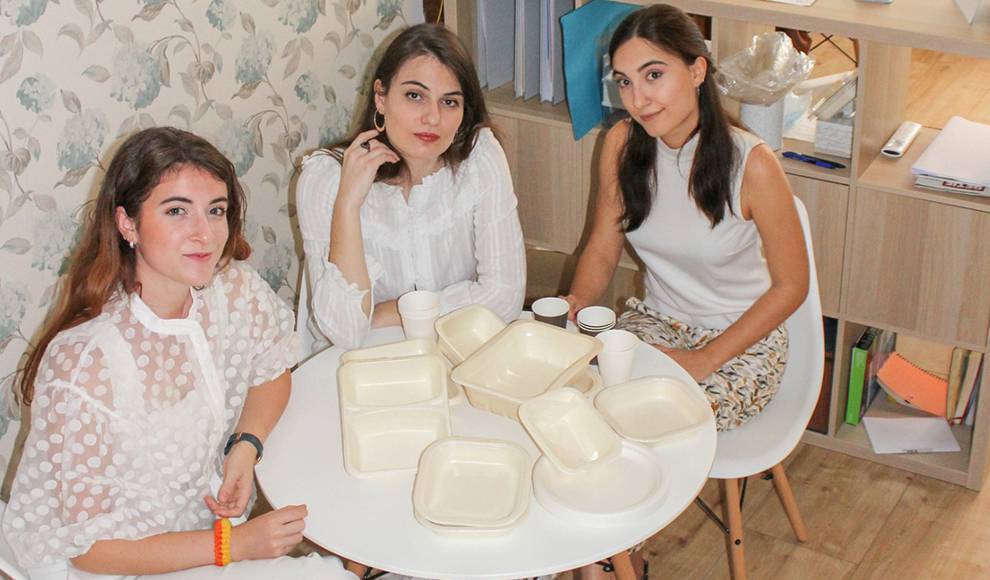
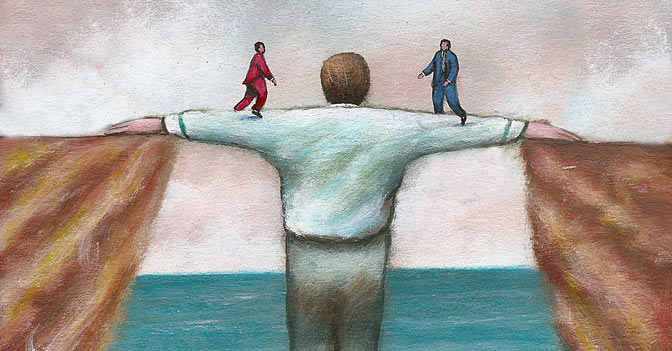
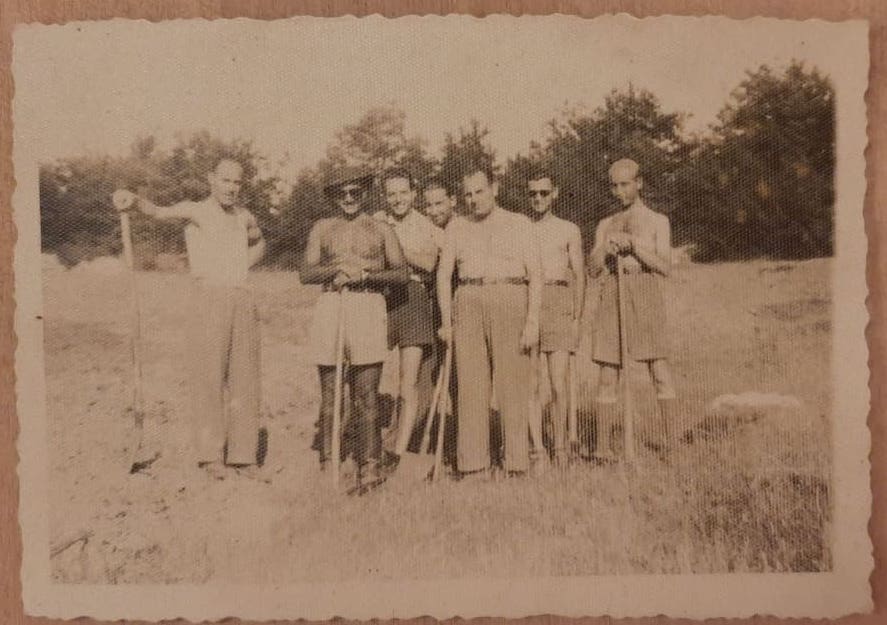
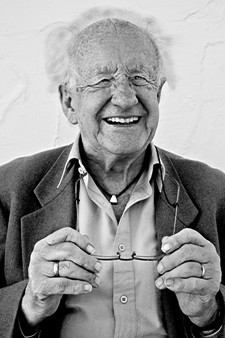
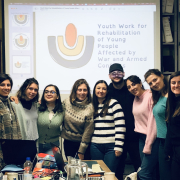
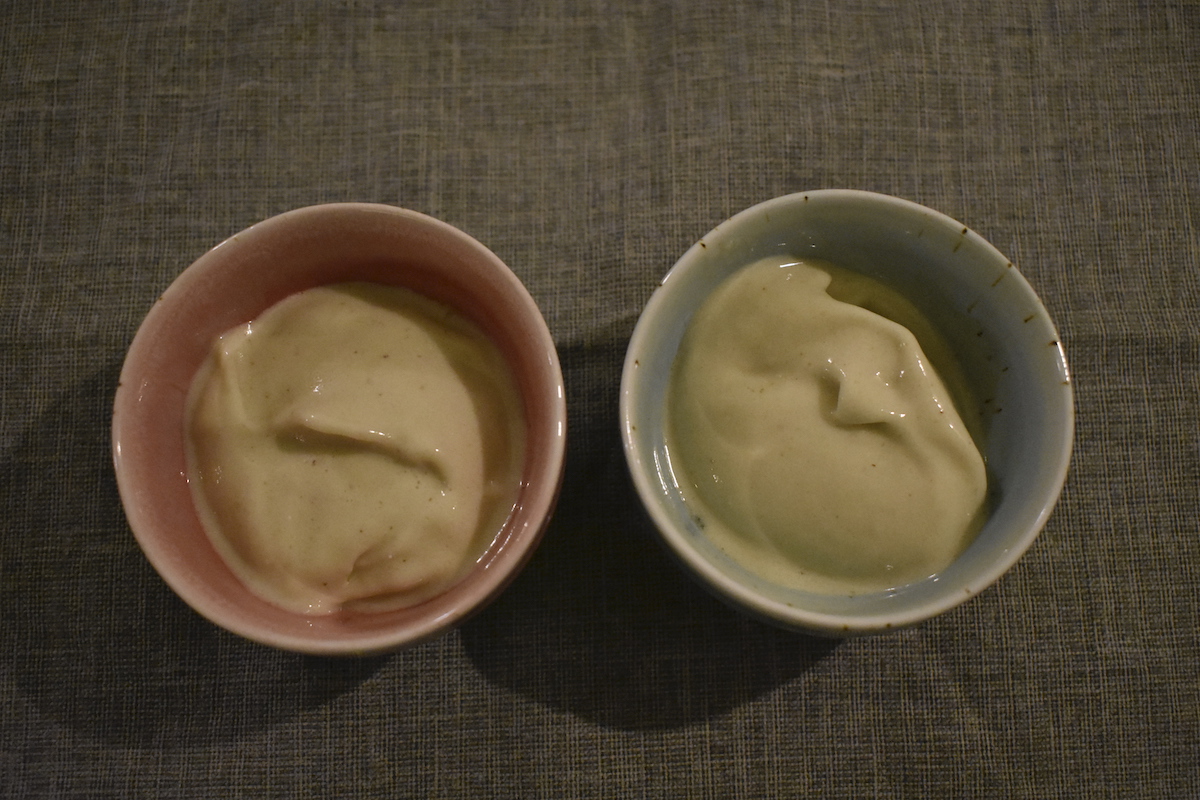
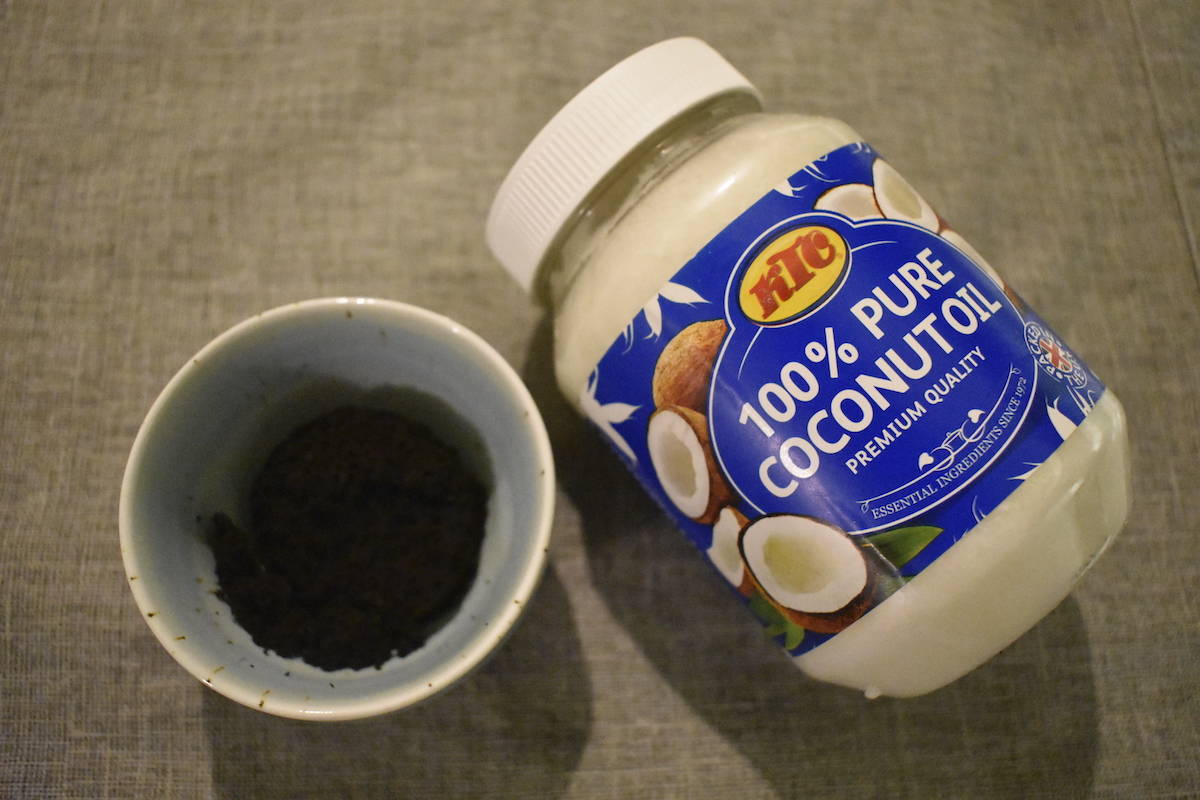
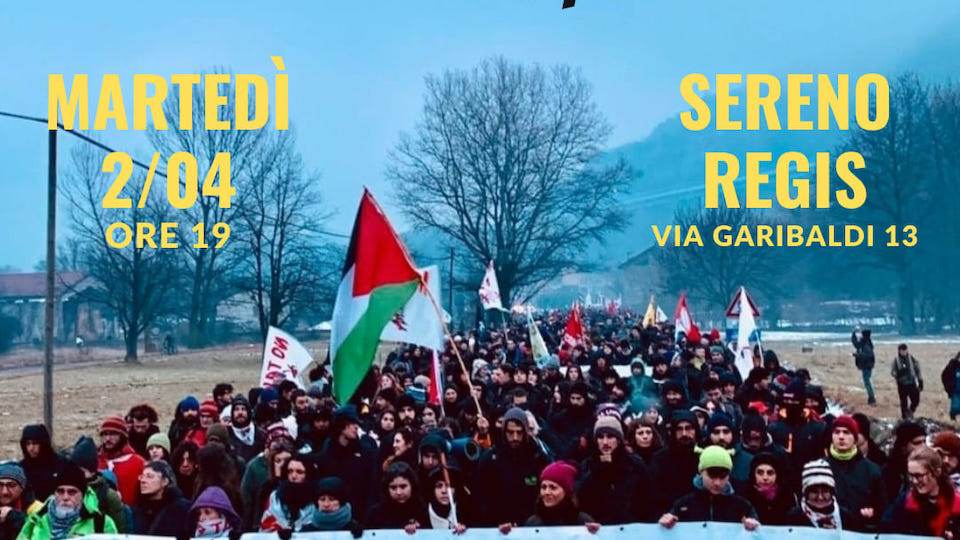
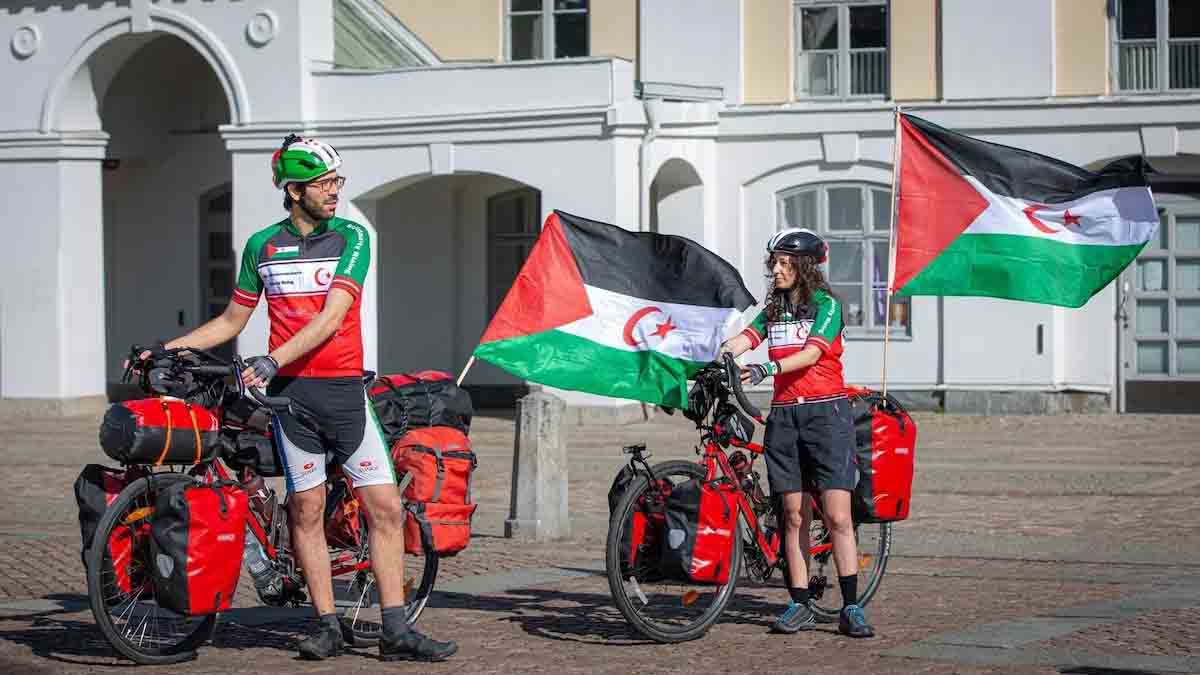
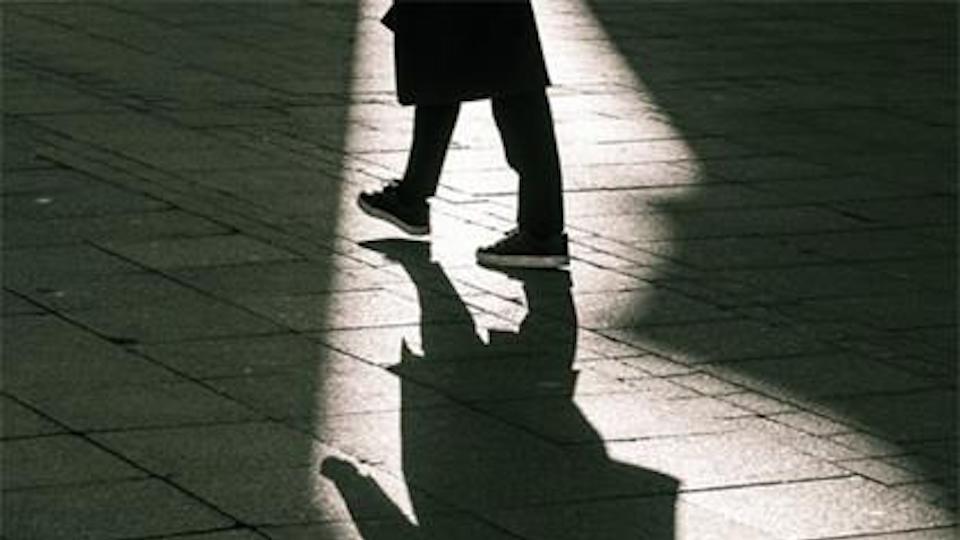

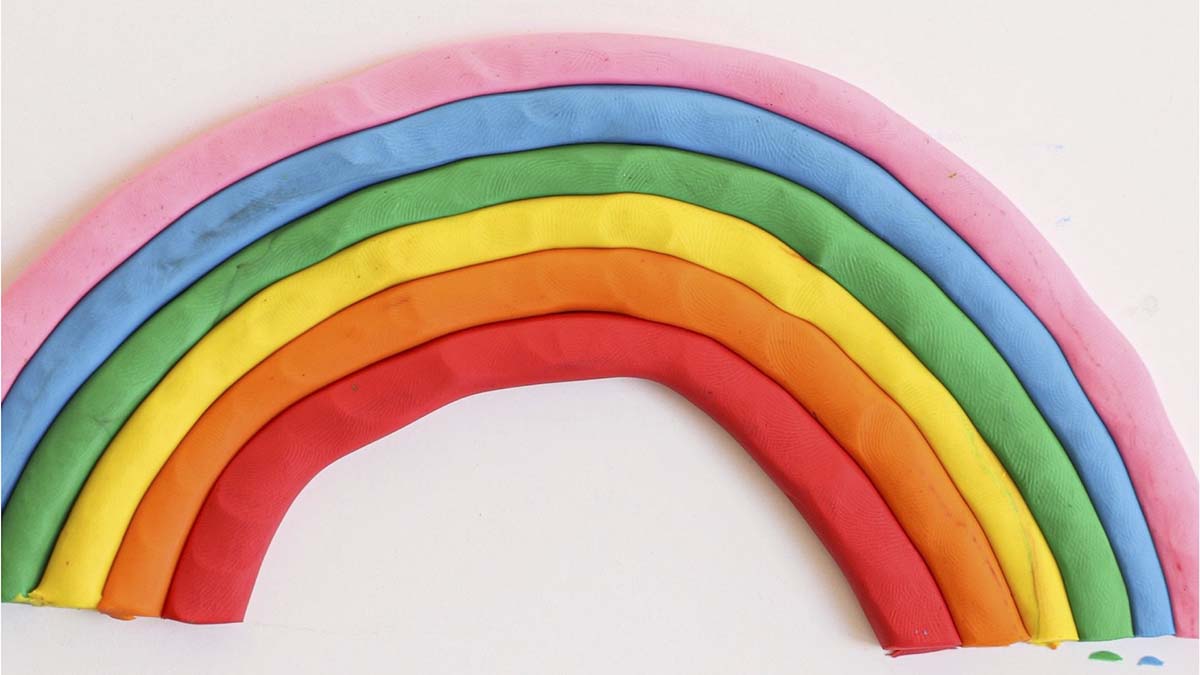

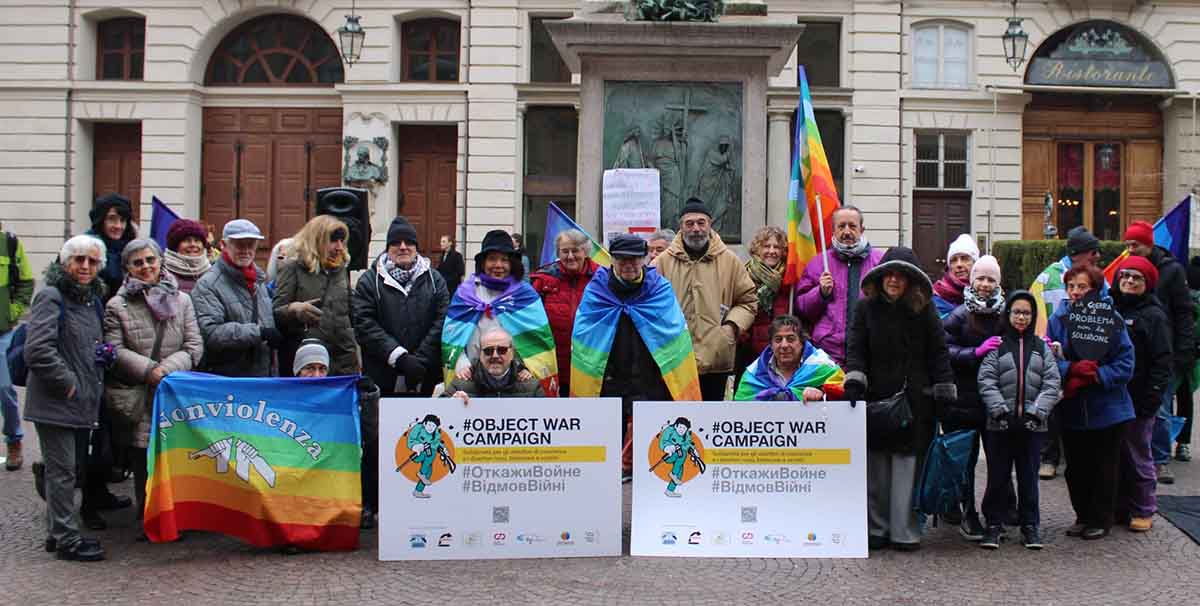
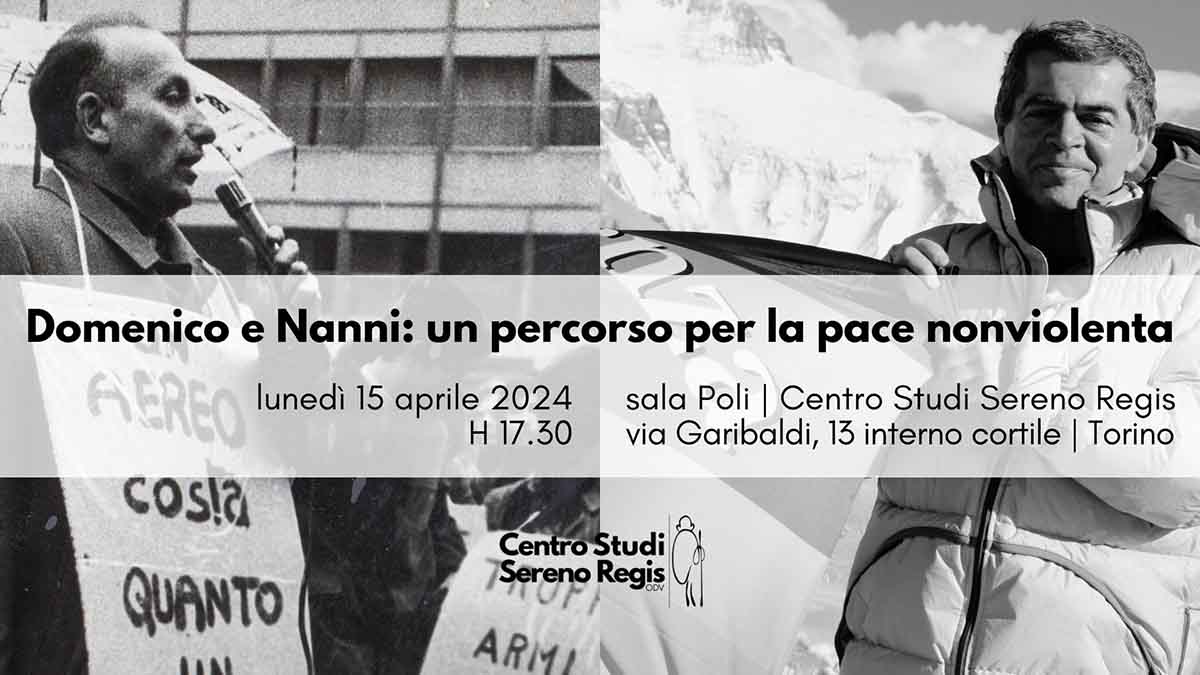
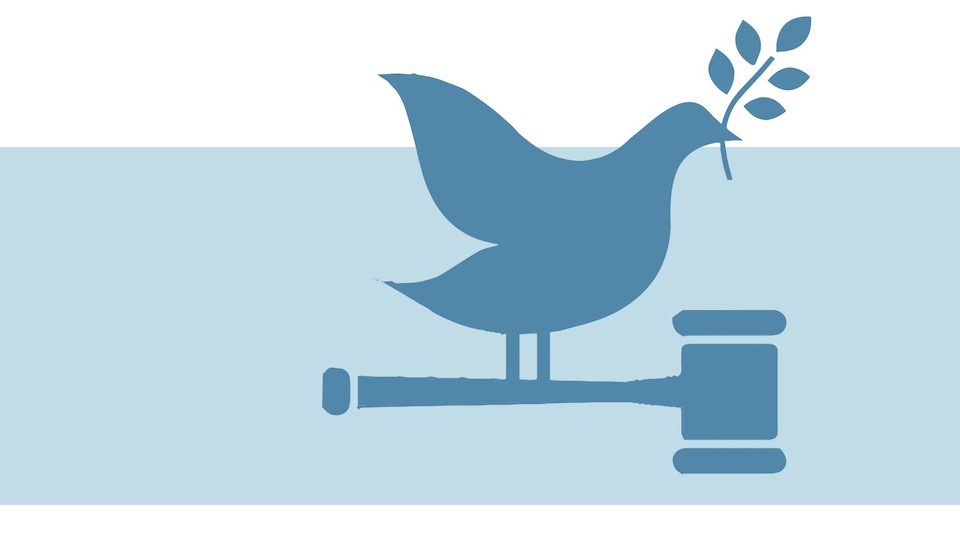
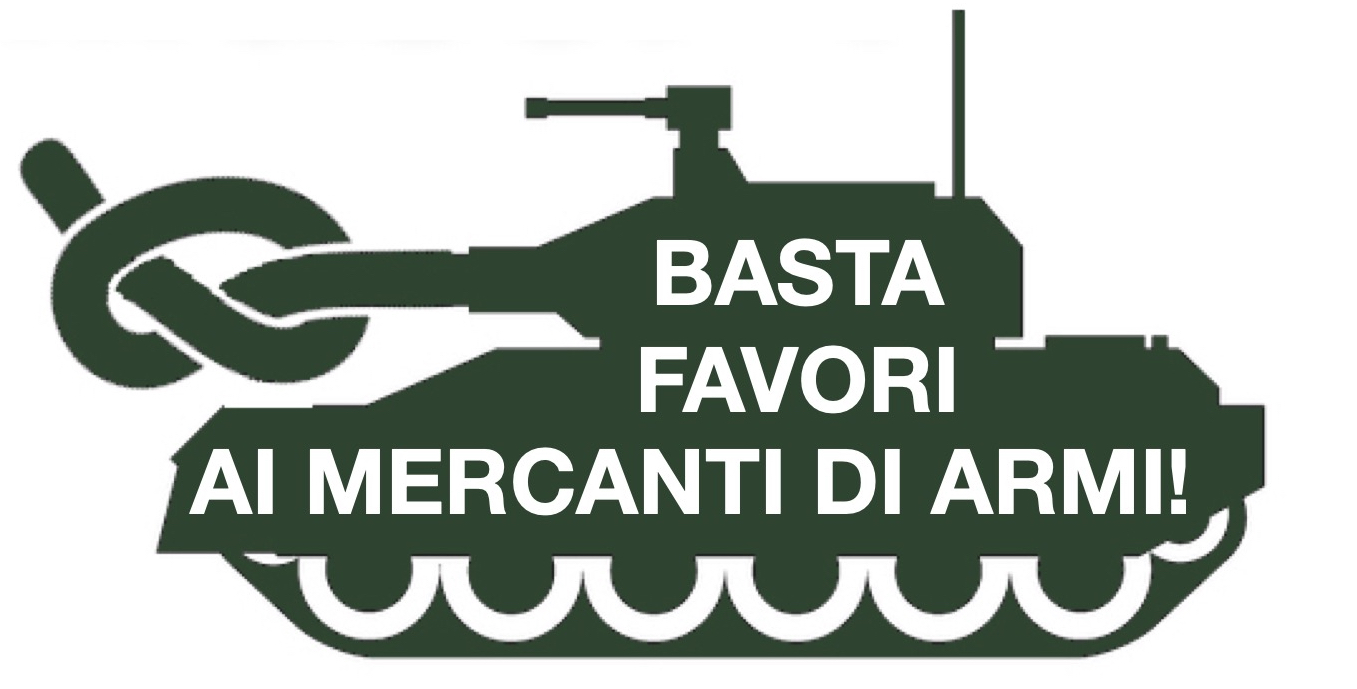
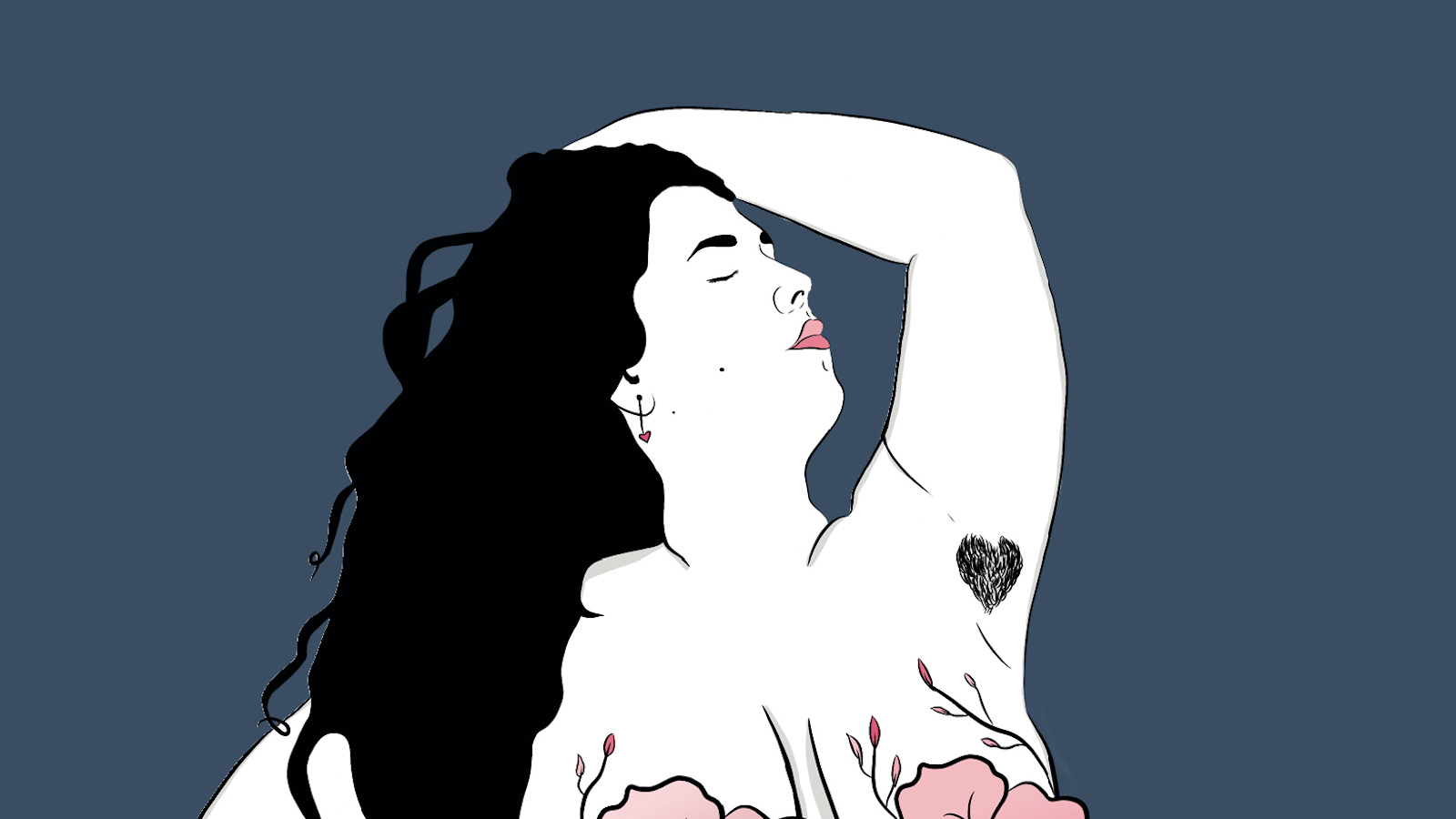
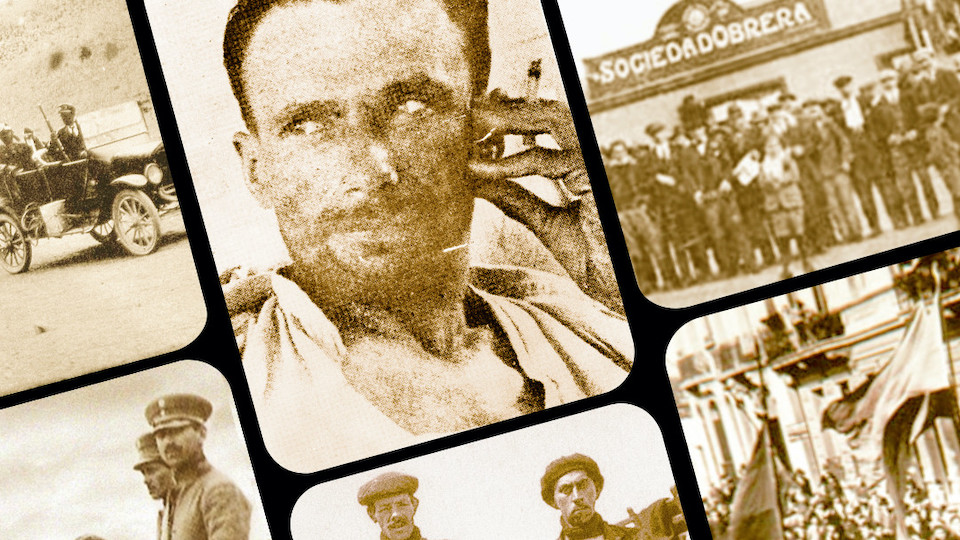
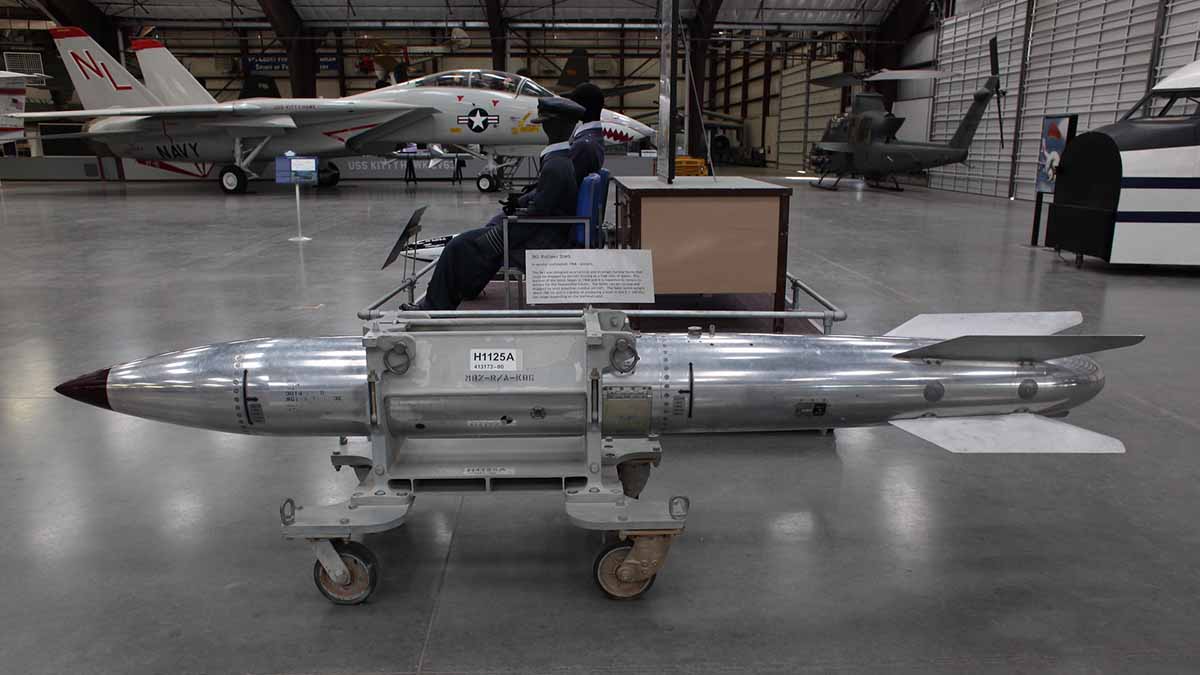
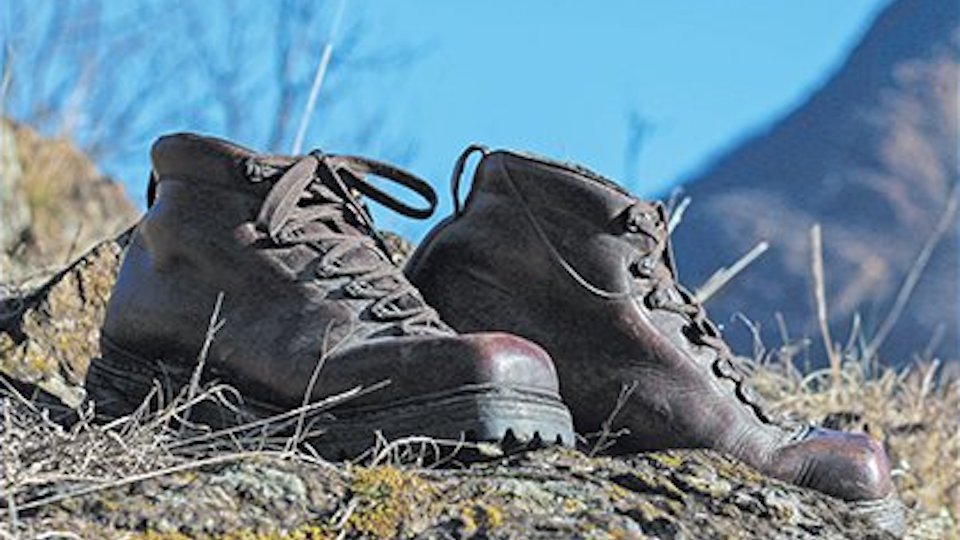


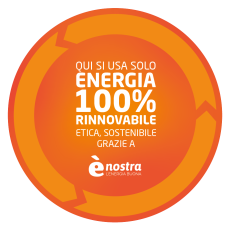
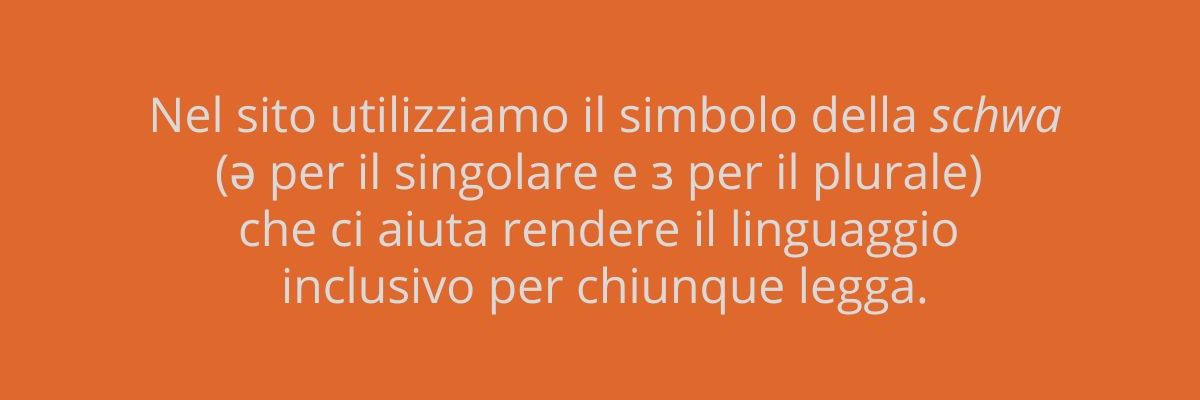


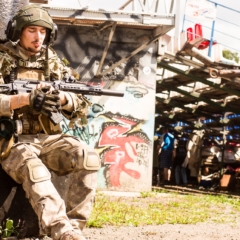
Lascia un Commento
Vuoi partecipare alla discussione?Sentitevi liberi di contribuire!